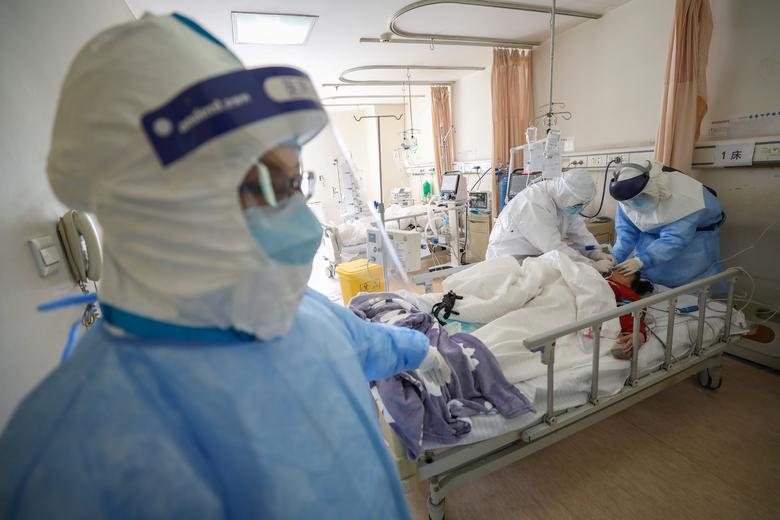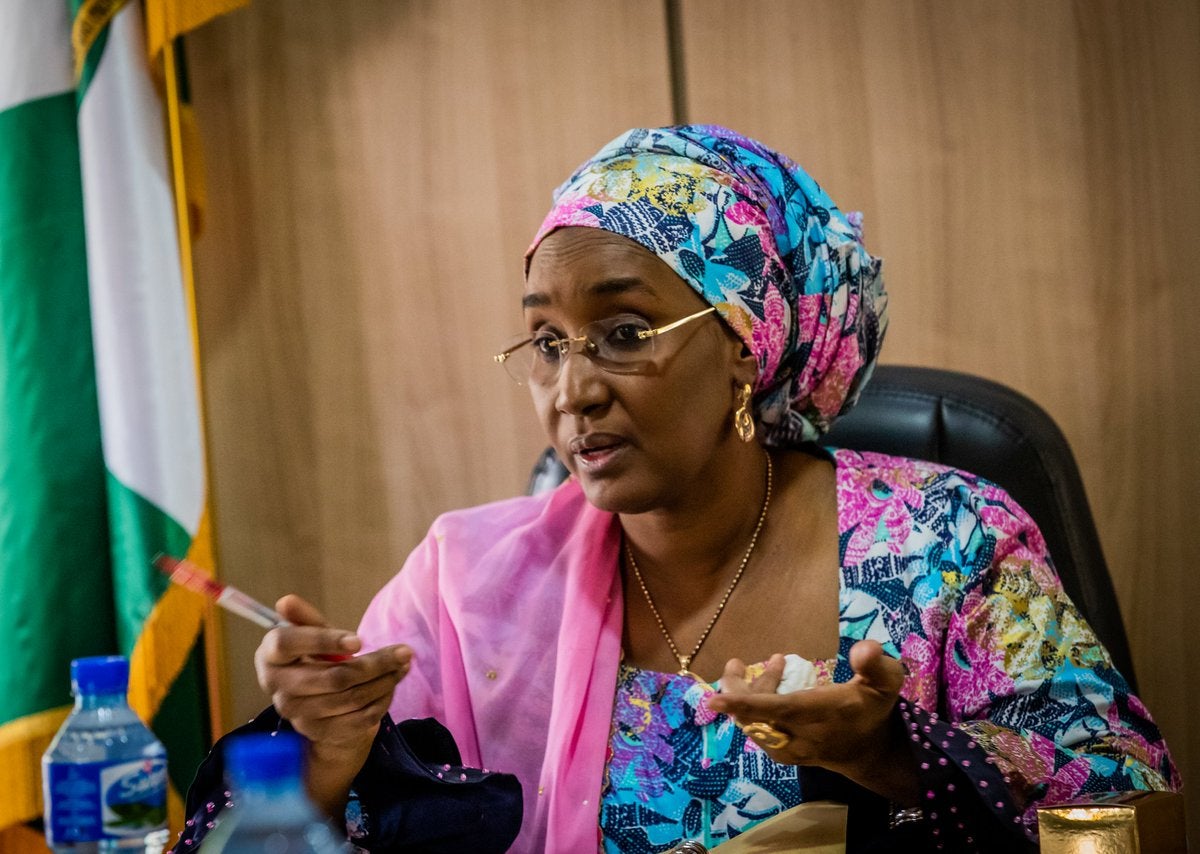By Owei Lakemfa
TWO meteors hit humanity early this year. The coronavirus variant called COVID-19 which has so far claimed some 640,000 lives. The virus forced humanity into physical and social distancing; lockdowns and pin downs in what would otherwise have been an unreasonable wrestling match between billions of humans and a microscopic organism.
The second is the catastrophic effects on the world and its economy which has been turned upside with many lives and families facing destruction and many actually destroyed. It is a catastrophe for the millions. The International Labour Organisation, ILO, on April 29, 2020, reported that: “The continued sharp decline in working hours globally due to the COVID-19 outbreak means that 1.6 billion workers in the informal economy – that is nearly half of the global workforce – stand in immediate danger of having their livelihoods destroyed.” Its Director-General, Guy Ryder, said of the ravaging virus: “For millions of workers, no income means no food, no security and no future. Millions of businesses around the world are barely breathing. They have no savings or access to credit. These are the real faces of the world of work. If we don’t help them now, these enterprises will simply perish.”
In Nigeria, a third catastrophe accompanied COVID-19 and its calamitous effects; the management of both by the Buhari government. First, the government chose March 2020, the period of the pandemic, to decide on an increase in the Value Added Tax and electricity tariffs. It increased with effect from July 1, 2020 the price of fuel from N121.50 to N143.80 with promises to carry out further price increases.
The Naira which was N220 to a dollar when the Buhari government came to power in 2015, has been further devalued from N356 in March,2020 to N472. This has contributed to hyperinflation in an import-dependent country. Only last week, a government that is not known to have built a single room to accommodate Nigerians in the five years of its existence, imposed a six per cent stamp duty on all tenancy and lease agreements and ordered all landlords and property agents to collect this from all tenants and remit to it. In other words, it has by fiat, increased rents in the country.
These anti-people measures have exacerbated the crippling state of our economy which has witnessed the near-collapse of the manufacturing, aviation, trade, entertainment and hospitality sectors. The banks that started witnessing lockdowns since March 2020 are still wobbling as many workers in that sector have been laid off. Given the huge losses many companies have incurred, it is likely that many of these lay-offs will result in permanent job losses. When all these are mixed with pervading terrorism in the North East and the takeover of many parts of the North West and some parts of the North Central by bandits, we will realise that Nigeria is actually in a meltdown.
Workers include those in the formal and informal economies. The Informal Economy in Nigeria, according to International Monetary Fund, IMF statistics, accounts for approximately 65 per cent of economic activities in Nigeria. These workers are essentially left to their devices. While the small number of workers in the public sector, especially at the federal level, continue to receive salaries, the far larger workers in the private sector of the formal economy, are simply abandoned. Many of these private-sector workers have either been laid off or placed on half salary.
Some of the most devastated workers in the formal economy are teachers in private schools. Successive governments had so destroyed the public schools that almost in all cases, only children of the poor go there. While many of us above 40 years went to public primary and secondary schools, I do not know how many of us today, send our children to those schools; the children of the middle class and elites are in private schools. The irony is that the standards in most of the private schools are in comparison with the standards in the public schools of the 1970s and 1980s, quite low. But that is the new reality: a country cannot be continuously on the decline without its education system crumbling.
Now, the primary purpose of the private schools is not philanthropism, evangelism or even to impact knowledge. The bottom line is profit. To maximise profit, the private schools in almost all cases, do not attract well- educated or qualified teachers unless such are desperate and ready to clutch to such live-saving jobs in our ocean of mass unemployment.
In comparison to public school teachers, private school teachers are poorly paid, with poor conditions of service and lack job security. In many cases, they are treated as casual workers without basic labour rights, gratuity and even pension. So, when the coronavirus pandemic hit like a Category eight earthquake, the private teachers were in tatters. The salaries of almost all of them were either stopped or drastically reduced. Many lost self-esteem as they took to petty trading or menial jobs to try surviving. Some of these teachers simply disappeared into the underground of mass poverty and hunger.
There has been no government intervention to save this category of workers from a life of misery and abject poverty. Even for the public sector workers, apart from asking the lower rungs to stay at home, there are no adequate measures of protection against the virus. The Director-General of the Nigeria Centre for Disease Control, Dr Chikwe Ihekweazu, revealed that as of July 14, 2020, no fewer than 812 healthcare workers have tested positive for COVID-19 in the country. This is mainly due to the lack of basic protective equipment. In some states, health workers have gone on strike primarily over non-payment of hazard allowances and inadequate protective equipment.
A more worrying situation is the case in Kogi State where armed thugs were employed to attack health workers protesting against the absence of protective equipment. Doctors, nurses and other health workers are not saying they do not want to work, but just as soldiers need guns, bombs, armoured vehicles and attack aircraft to fight wars, so do they need personal protective equipment including surgical masks, helmets, goggles and protective clothing without which they will die like flies.
A basic solution is the payment of unemployment benefits to all those who lost their jobs or income during the pandemic. A long term solution is what a responsible state should do; either provide jobs or unemployment benefits, food, healthcare and education for the citizenry. Any other talk would be the government waxing lyrical in its culture of falsehood and obscurantism.
I think it is time for the Nigerian people to assert their constitutional sovereignty over all powers and get rid of the parasites who feast on them and their children.








